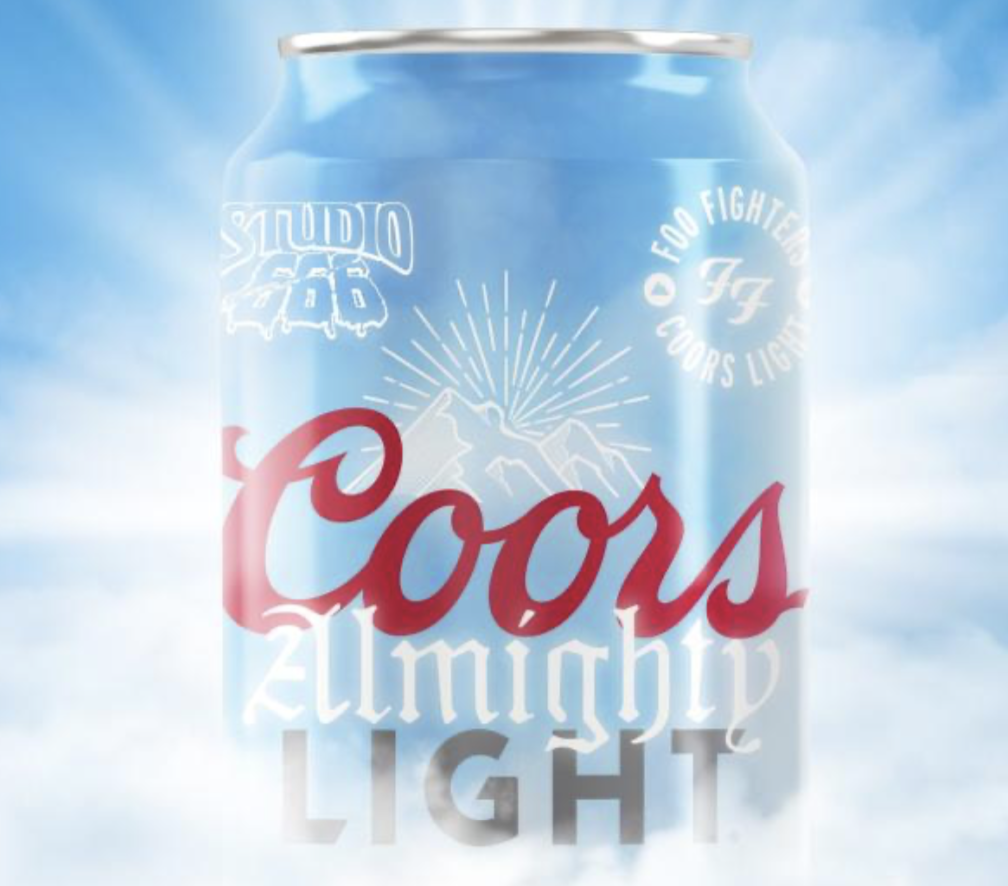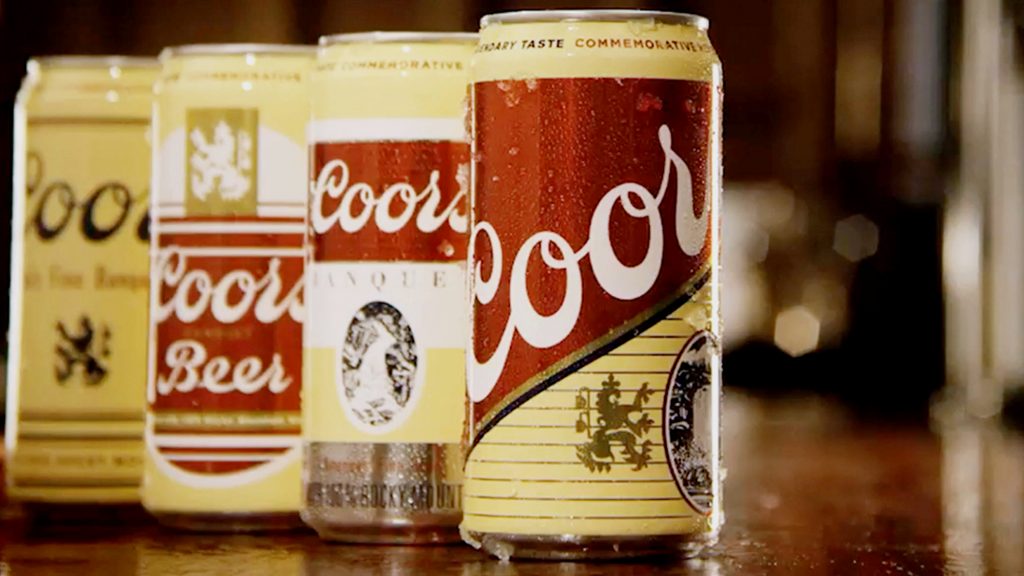Coors Putting Ads Into Dreams?
Coors may have found a way to make sure consumers always have beer on the brain, even when fast asleep.
This article is more than 2 years old

Ads are everywhere these days. Product placement is in every show, ads adorn our busses, and every park bench is plastered with a real estate agent’s face and telephone number. It seems people can only avoid advertising when they’re sleeping. But now, Coors Brewing Company is undergoing a brand new project to infiltrate dreams with its products.
Travel Writer Bobbi Gould told The Hustle that she took part in an advertising experiment where Coors planted ads in her dreams. It all started when she responded to a cryptic Craigslist advertisement giving out $1,000 for a sleep study. Gould and her boyfriend responded to the ad and were directed to a warehouse in Los Angeles. They entered the warehouse with 12 other individuals willing to participate in the sleep study.
Gould and her group were strapped up to machines, brain monitoring technology they’d wear while asleep. Their final task was to watch an ad that focused on Coors products. The video also contained lush landscapes like jungles and flowing waterfalls. Those leading the study said the subjects should try and fall asleep while watching the video, if possible.
When Gould awoke eight hours later, she said that her dreams were completely bombarded by Coors advertising and its beverages. She recounts riding a “pogo stick jumping around with Coors products.” She had several other dreams in that eight-hour span that included the company’s beverages, including dropping beers from an airplane. Needless to say, falling asleep to a Coors advertisement can easily infiltrate a spectator’s subconscious.

Shortly after the incubation period, the Coors subjects were herded into a focus group, where they started to discuss the experiment. Most of the group had experiences with seeing Coors in their dreams and expressed the uncomfortable nature of the beverage company inserting themselves into people’s minds. Gould stated she felt like a “lab rat” in the focus group, having her subconscious manipulated to present images of Coors drinks.
The type of Coors advertising the company is trying to accomplish isn’t the first of its kind. Inserting product images into someone’s subconscious is called “target dream incubation,” and the testing for this phenomenon has been ongoing for years. Companies like Xbox and Burger King have engaged with scientists who want to engineer ads for people’s dreams using video and audio. Other corporations are figuring out that the only time consumers don’t see advertisements are when they’re sleeping, which is a hurdle some industries are starting to tackle.
Coors’s sleep study has been a polarizing one. Though voluntary, 40 dream researchers signed an open letter against target dream incubation, fearing for a world where universal dream infiltration is commonplace. The group also wanted to note how infusing dreams with ads could hinder a person’s memory processing and sleep cycles. There isn’t much known about dream incubation, so its ramifications could be more severe than companies are aware of.
As more companies like Coors attempt to insert themselves in our dreams, a new advertising world starts to unfold. Whether or not this is good for humankind is generally unknown. But the scariest part of the Coors sleep study is how easily the advertisements could slip into the dreamers’ subconscious.



